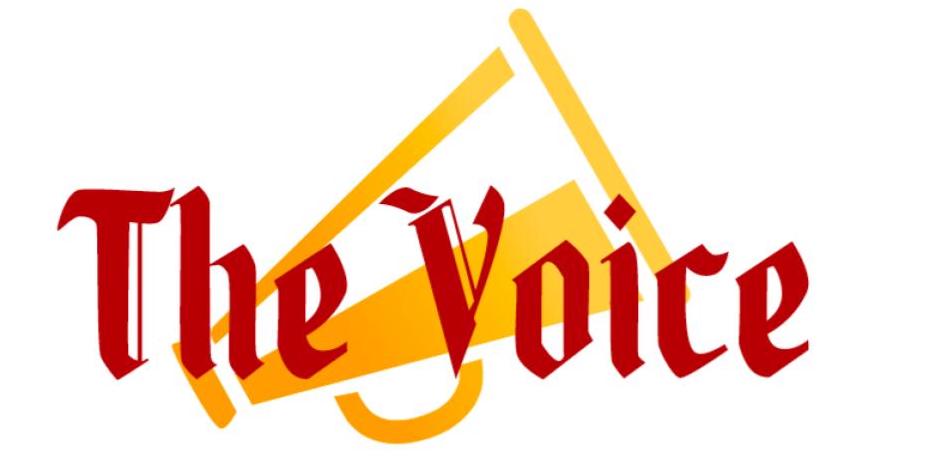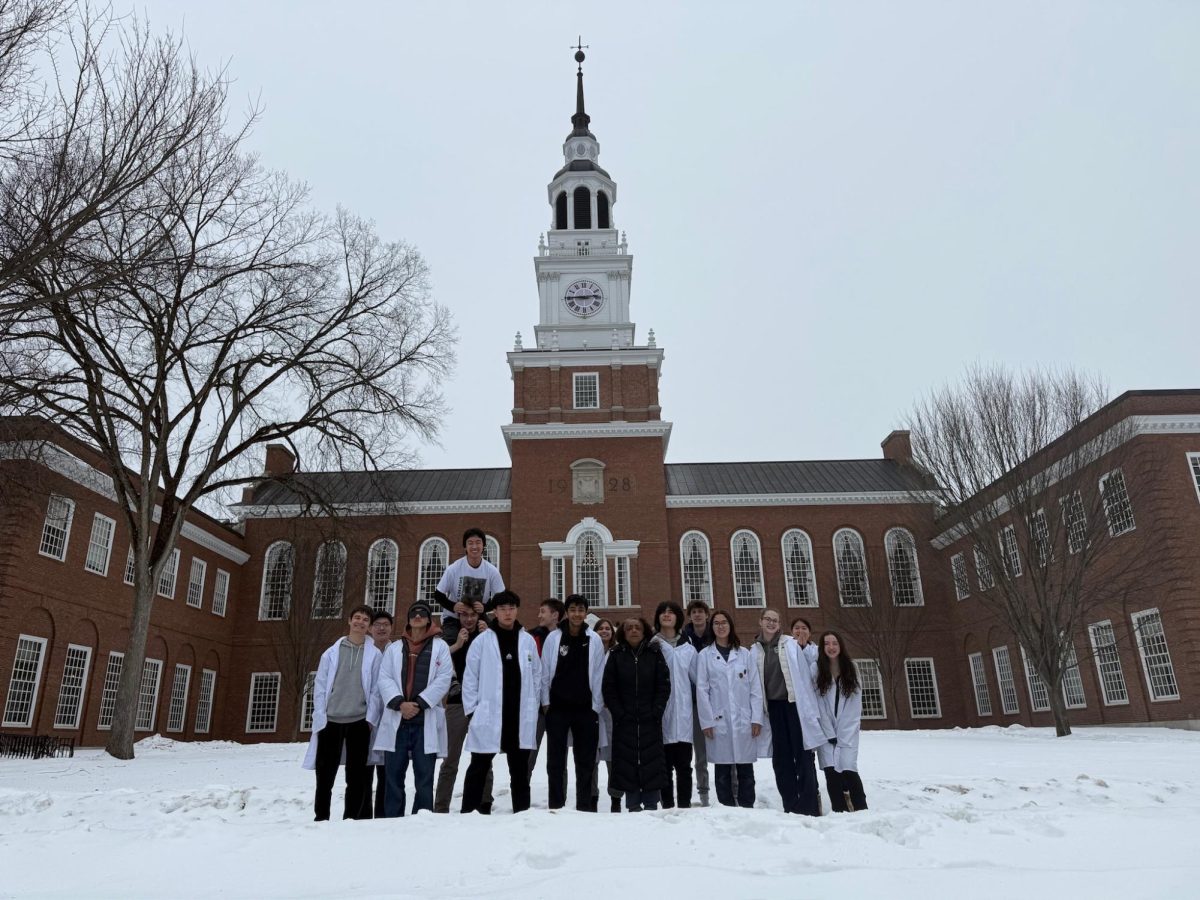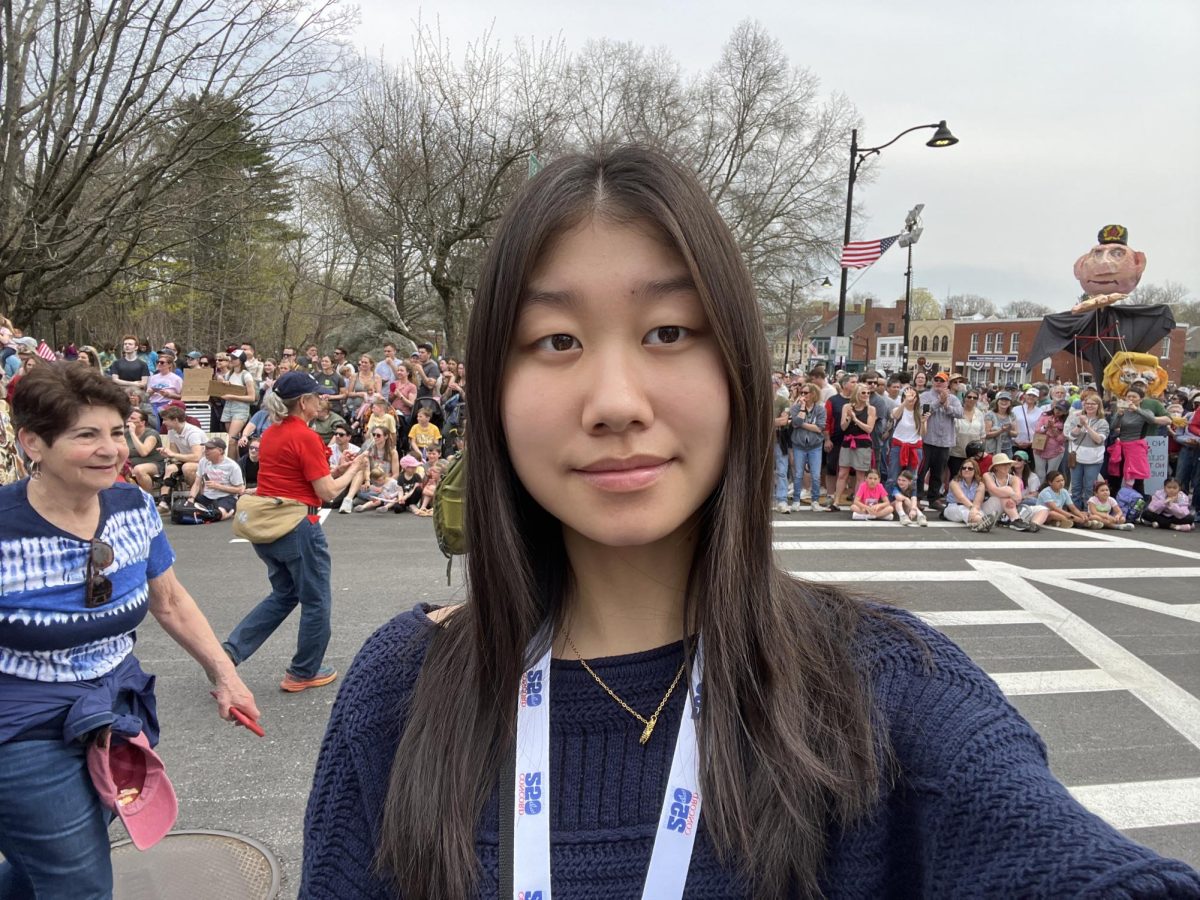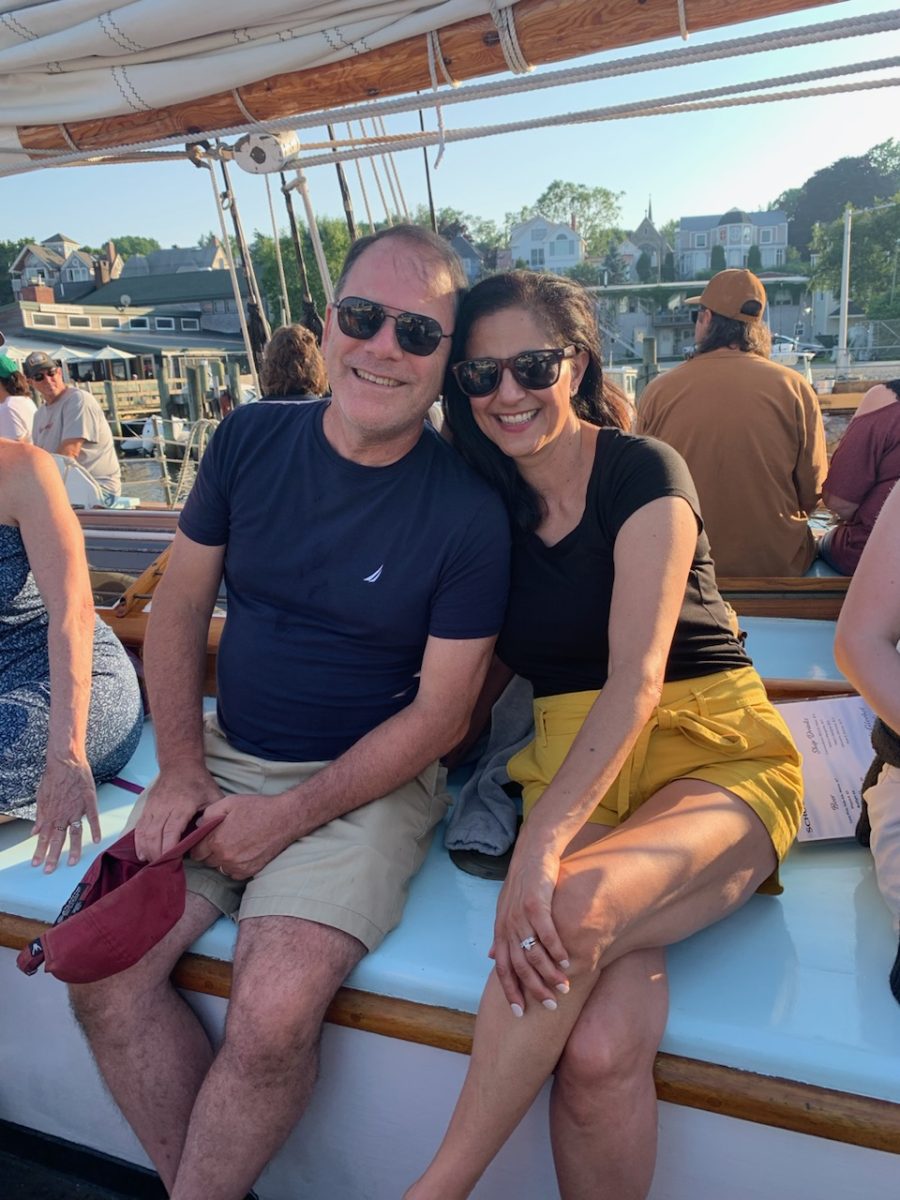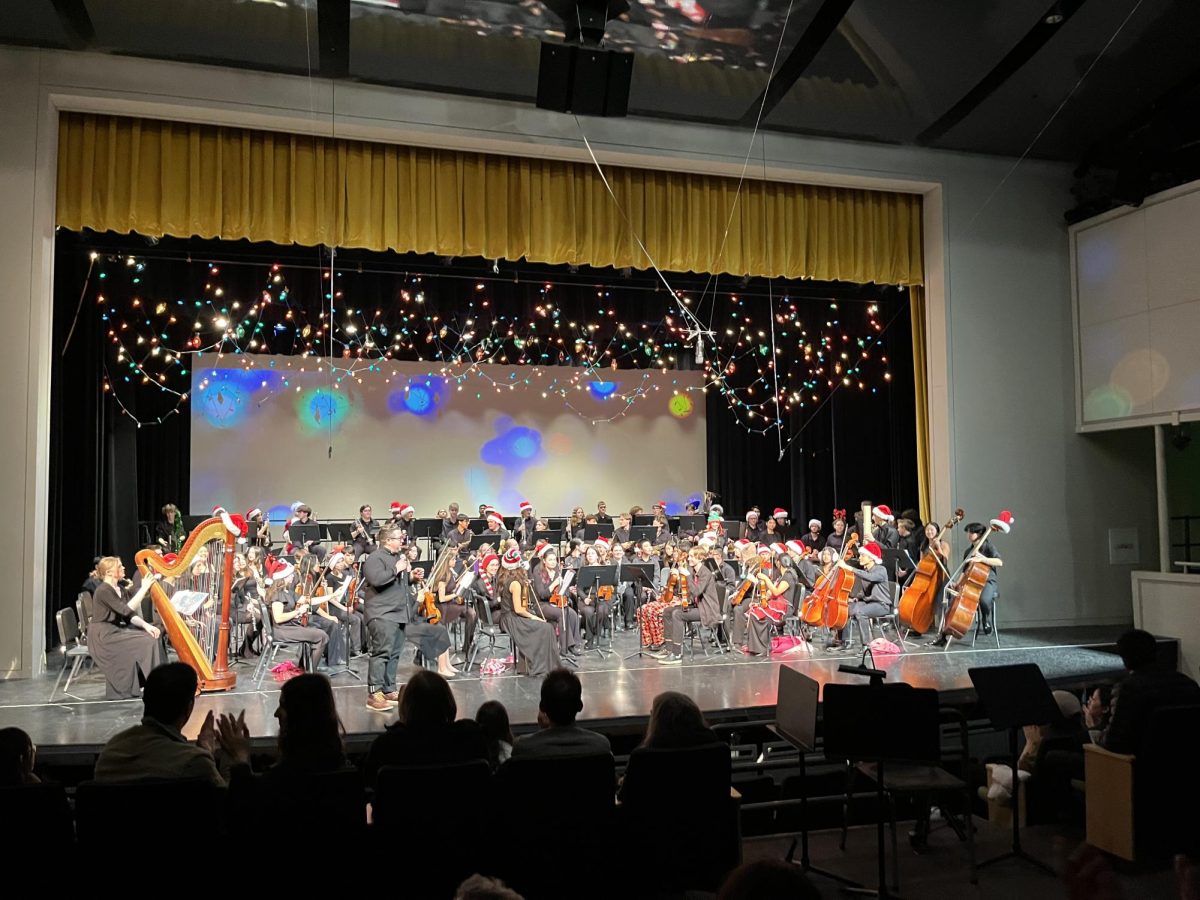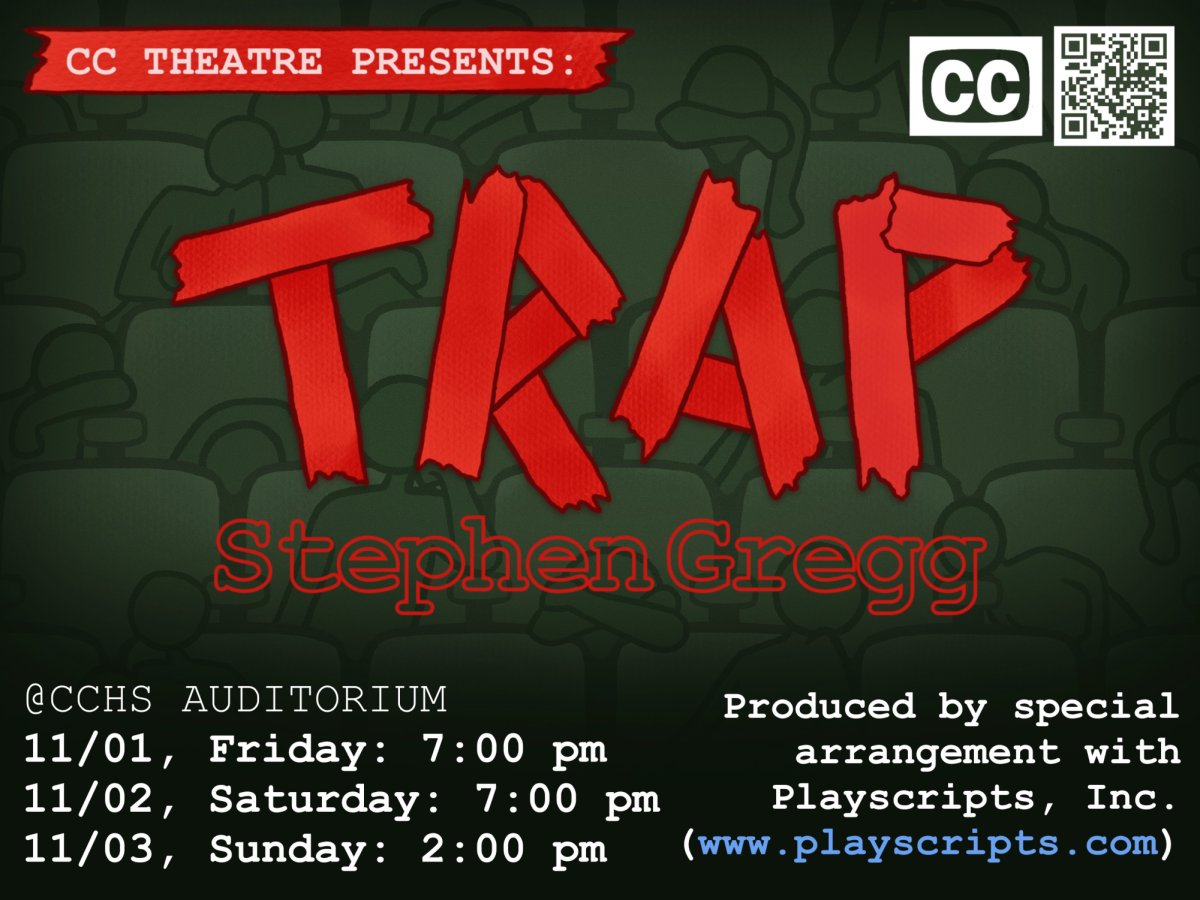Note: A version of this article was published in the March 24 issue of the Concord Bridge.
On Tuesday, March 7 at 7 P.M., Ms. Angel Charles, the current principal of Thoreau Elementary School, held a public interview on Zoom for the position of Director of Student Services. Ms. Charles, who had unanimously been named as the finalist for the role and was approved at the March 14 School Committee meeting, spoke about her past experiences in special education as well as her visions for forward progress in meeting students’ diverse needs on a district-wide level. Superintendent Dr. Laurie Hunter guided the discussion with questions submitted by the community.
During the interview, Charles explained that although she majored in political science and had dreams of going to law school and becoming a district attorney, she realized that her intended career did not seem to be the right fit. Following her placement in a Boston public school by City Year, a nonprofit education organization, Charles fell in love with teaching and was inspired to change career paths. After studying curriculum and instruction at Boston College and participating in the Donovan Urban Teaching Scholars intensive educational program, Charles taught third and then fifth graders at a two-way bilingual school in Boston. Her first administrative role was as assistant principal at the school at which she had completed her City Year. Soon after, she became principal of another Boston school. When her family moved to the MetroWest area, Charles applied for the principalship at Thoreau, where she has now served for about eight years. Charles views her work as a privilege and calls it a “labor of love.” Consequently, Charles “thought [she’d] have to at least apply” for the Director of Student Services position. She hopes her personal characteristics, including being dedicated, hardworking, and a strong advocate for students, will serve her well in this new role.
Charles’ contributions to Thoreau Elementary School, particularly in special education, have built off of her experience at her elementary school in Boston, where she and her colleagues successfully established an integrated preschool and allocated seats at each grade level to accommodate children with special needs. They instituted a co-teaching model with all teachers, including specialists, being tri-certified in special education, their subject area, and English Language (EL). Charles cites these feats as “incredibly challenging and incredibly rewarding.” Later, due to a lack of appropriate placements for students ready to transition beyond fifth grade, Charles and her colleagues added on a middle school. These successes prepared Charles to apply her experience at Thoreau, where during her second year as principal, the school received a cohort of students with similar needs who were grouped together in the first iteration of Thoreau’s intensive learning program. Similar to her experiences at her Boston school, Charles found that each achievement warranted further development: “as some of the students were just taking off leaps and bounds from that ILP [individualized learning plan] program, we found that we needed to have a higher level of inclusion,” which took the form of the Bridge program that currently serves kindergarten through fifth grade at Thoreau.
Looking ahead at the new district-wide position, Charles envisions professional development to connect with the faculty and staff of special education programs across the schools. “We’re ripe for more alignment,” she continues, and “a critical component of achieving that… is to work incredibly closely with the Office of Teaching and Learning.” Charles acknowledges that there may not always be consensus over the best ways to support programs. According to Charles, “conflict can arise when there’s the absence of clarity around expectations, so I think being very transparent and effectively communicating… the vision… the goals… the responsibilities… is essential.” Thus, Charles says that she will do “a lot of listening” to current strengths, weaknesses, and needs to foster greater visibility and engagement across schools and the region.
Charles notes that strong relationships with rich, frequent communication between stakeholders are key to “[getting] to that vulnerable place” where families and faculty can “identify and work together to figure out what’s the need and what’s needed,” whether that involves professional development, over-the-shoulder coaching, or collaboration with staff from other buildings. Charles believes that cross-collaboration—across buildings and with teachers across different subjects and grade levels—is integral to achieving the goal of shared ownership and accountability for students’ learning. She reiterates, “We’re all working in the same direction for us to feel successful as educators and therefore to ensure that our students are working towards their highest potential.”
Other topics that Charles discussed during the interview included the Child Find law regarding the identification of students with special needs like dyslexia, as well as incorporating both structured and balanced literacy instruction to foster students who are passionate and proficient lifelong readers. Ultimately, Charles concludes that she is excited to take the “tiny kernel of success” from Thoreau “to scale at a higher level,” continuing with the invigorating work of “significantly [increasing] [the] amount of students who we are able to serve well in their home district.”
Charles will begin her new responsibilities as Director of Student Services on July 1. As Dr. Hunter writes in an email to the district, “We look forward to all that she brings to the position and the impact she will have district wide.”
